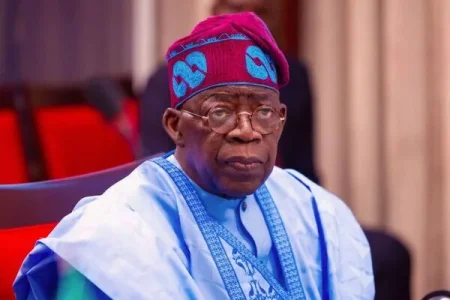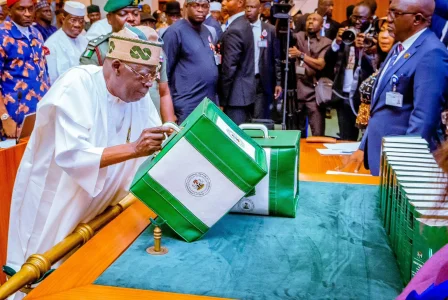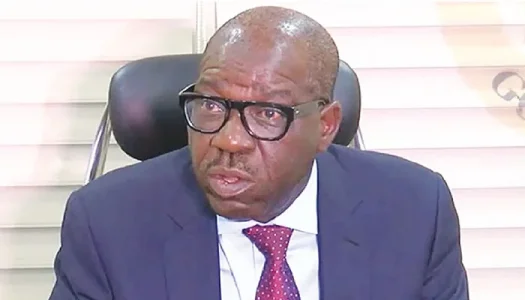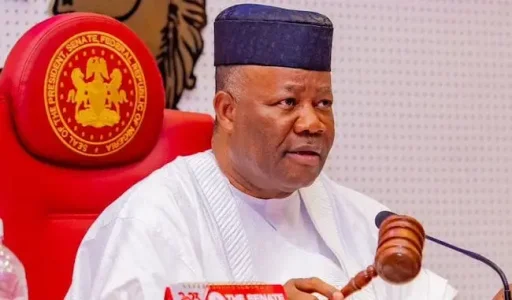
President Bola Tinubu's recent appointments have sparked discussions about regional balance, with the South West seeing the highest number of appointees. Despite efforts to clarify the list, the absence of Chief of Staff Femi Gbajabiamila and underrepresentation of the South East raise concerns.
The recent release of President Bola Tinubu’s comprehensive list of appointees has ignited further criticism, with many accusing the administration of regional imbalance in key positions. The South West region, which Tinubu hails from, dominates the appointments, prompting claims of favoritism and an uneven distribution of power. However, one significant omission from the list has raised eyebrows: Femi Gbajabiamila, the President’s Chief of Staff, whose name was conspicuously absent from the updated list.
Initially, the list, unveiled by Sunday Dare, the President’s Special Adviser on Information and Strategy, had been intended to quell accusations that the South West was disproportionately represented. It revealed that the South West held 29 key positions, five more than previously stated, a move aimed at providing transparency after accusations of favoritism. However, critics have focused their attention on the absence of Gbajabiamila, who has been a key ally to Tinubu since the start of his administration.
Although Gbajabiamila’s role was initially disclosed in June 2023, his absence from the official list has raised questions about the administration’s approach to inclusivity. Political analysts have noted that the South East region, traditionally underrepresented in Nigeria’s power structure, has once again seen minimal representation in the new appointments.
The controversy surrounding these appointments has sparked a heated debate on national unity and representation. While the South West continues to dominate high-profile positions—such as the finance minister and heads of key agencies—other regions, particularly the South East, have expressed frustration at their limited presence in influential roles.
In response to these growing concerns, Sunday Dare admitted to errors in the previous list and apologized for the oversight, confirming that an updated version would be issued soon. However, despite the correction, questions remain regarding the balance of power across the country. Some analysts have called for greater attention to regional equity, urging the administration to be more deliberate in fostering a sense of national cohesion through its appointments.
As Nigerians await the revised list, the ongoing dialogue around Tinubu’s appointments highlights the delicate balance of regional interests and the importance of equitable representation in the country’s leadership.




